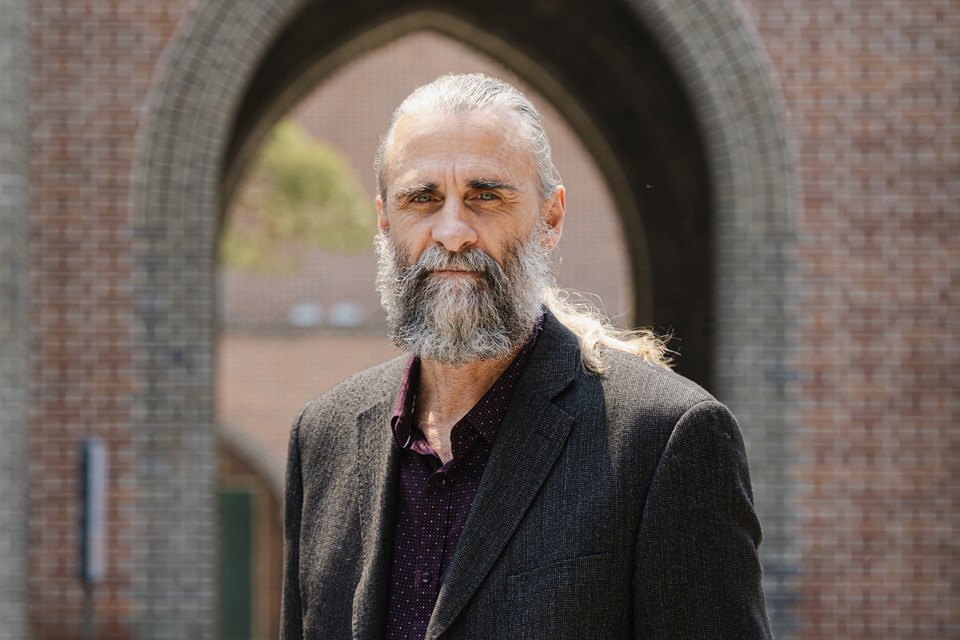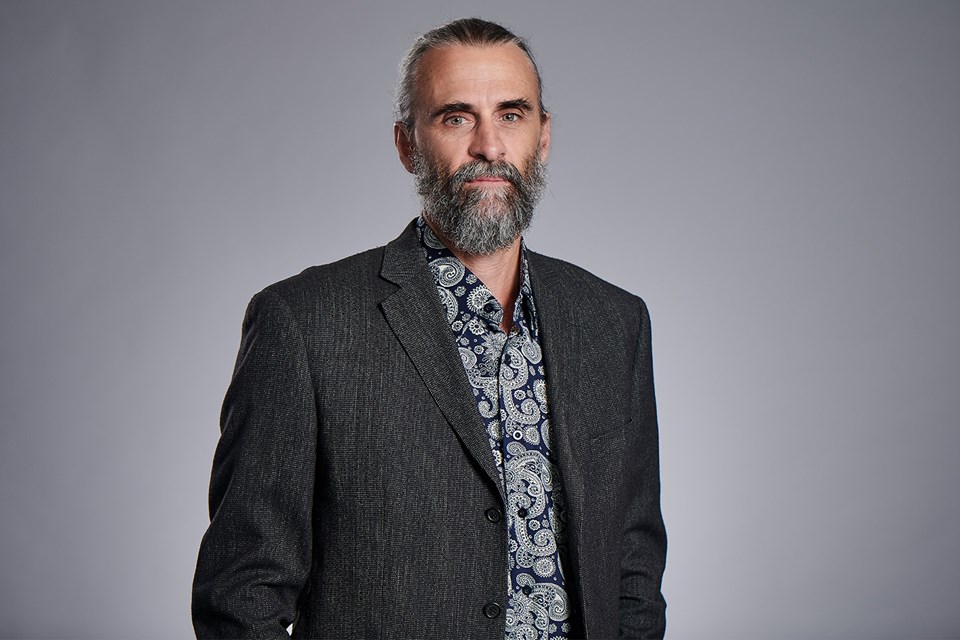QYour team helps clients understand the impacts of offshore and coastal projects on marine eco-systems. Tell us a bit about your work.
I manage a marine science team of 15 people, based in Perth and Townsville, Australia. In terms of projects, we work across offshore renewables, oil and gas, coastal developments, ports and harbours, dredging projects…anything that is within the marine environment. Our work can be onshore, coastal, offshore and way out into deep waters. In fact, we’ve done some very deep water work in Africa down to around 1,000 metres.
Typically, we are working on environmental baseline surveys, monitoring programs and environmental approvals. We also provide advice to clients about the best way to navigate the regulatory approvals processes in place for various locations and designing survey programs for the conditions and species present there.
Quick Q&A
What inspired you to become a marine scientist?
Exploring the reefs and rockpools of Karratha when I was growing up.
What did you want to be when you were growing up?
A marine biologist.
What’s one of the best things you’ve seen offshore?
Adolescent whales swimming up to play and scratch their bellies on the bottom of our boat!
QOffshore renewables projects are a huge focus. Tell us a little about the projects you’re working on in South Korea
In South Korea, many of the newer projects are off the east coast in deep water – between 150 and 350 metres. When the water is beyond about 60 or 70 metres the turbines need to be anchored and floating because it’s very difficult to put piles in for fixed turbines in deeper water. So, the work we are doing at the moment in Korea is for floating offshore wind projects.
A particular one that we are working on is for Equinor, and our MetOcean team has already done a 12-month floating Light Detection and Ranging (LiDAR) study to measure wind speeds for the offshore study area. In South Korea, once you have 12 months of data from a site, you can then apply for your license and start doing environmental surveys.
That’s where my team and our colleagues in the UK come in - designing the Environmental Baseline Survey (EBS) looking at marine mammals, sea birds, fish, benthic ecology, physical environment (currents, tides, water temperature, stratification) and terrestrial ecology − all of the different components of the affected ecosystems, onshore and offshore.
We’re also advising Equinor on its approach to approvals. There are two goals with this. The first is to help ensure all of the local requirements for offshore approvals in Korea are met. The second is to ensure the investigation work meets the broader international standards that have been developed in places with mature offshore wind markets like Europe and the UK. As the project progresses, this is important for developers when it comes time to talk to international lenders about project funding.
QThe project team is truly international – who are you partnering with in South Korea?
We have a growing team based in Seoul and we’re working with a local company – Sekwang Engineering - which does much of the work on the ground in South Korea. We support with the design the environmental survey program, using RPS experience with other offshore projects in other regions to ensure all of those international best practice criteria are met. Sekwang and its subcontractors are delivering the baseline survey program.
We’re also advising the local team on health and safety management to make sure the survey work meets very high standards for safety.
QWhat are offshore conditions like in South Korea?
The weather is a huge factor in our work in this part of the world – particularly when it comes to health and safety planning. It’s very cold in winter and visibility can be very low, so that’s been a challenge for completing the seasonal surveys. Hypothermia is a legitimate risk for people completing fieldwork and needs to be managed carefully.
One way that we deal with this is thinking about other technologies and methods we can use to complement traditional survey techniques like boat-based visual observation.
For instance, in areas where extreme weather is a problem, deploying loggers to collect data is a solution that we often use for monitoring marine mammals. You can deploy and retrieve loggers when the weather conditions allow, but you’re also getting that full seasonal view to understand which species are present.
QWhat inspired you to get into marine science?
When I was in early high school I lived in Karratha in the north of Western Australia. We used to go out on extreme low tides and explore the exposed reef. We’d walk around and look at all of the wonderful marine life – rockpools with turtles and coral, giant clams…I got interested then and decided I wanted to do marine biology.
At that stage there was no marine biology course in Western Australia, so I did zoology and botany instead. In my honours year, I took on marine projects doing studies on corals and sea urchins.
After university I spent ten years with Australia’s Commonwealth Scientific and Industrial Research Organisation (CSIRO) – I ran studies on rock lobsters, meiofauna and seagrasses in New South Wales.
QWhat makes for a good marine scientist – what kind of skills do you need?
You need a keen interest in marine biology and the natural world. You need a well-developed concern for the health of marine ecosystems, and you need to want to achieve good outcomes for the environment. You need a good scientific brain to identify, assess and solve problems – a problem solving brain. And you have to be able to write.
People are also going out on boats and living in close quarters and for you have to be a sociable, well adjusted, emotionally intelligent person.


